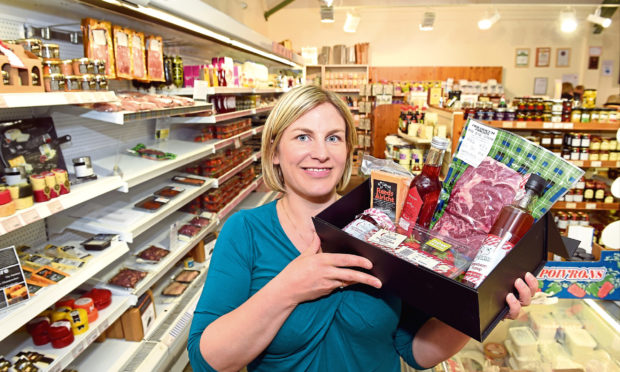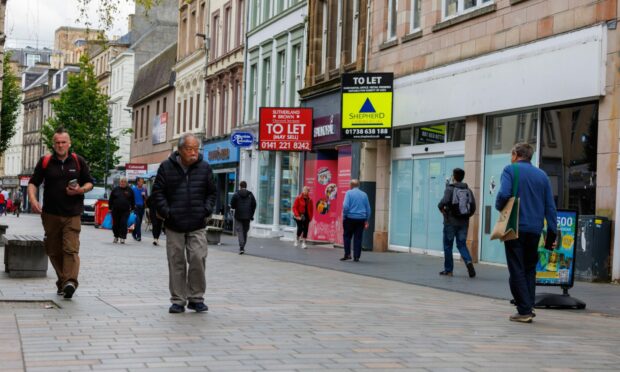Farm shop owners are looking at ways to maintain increased footfall to their premises after Covid-19 restrictions saw a surge in customer numbers for many.
As shelves emptied in supermarkets and town centre food stores, customers looked further afield for staples and in a new experience for some, visited their nearest farm shop.
Farm owners stepped up and pivoted their operations to include deliveries of produce and pre-prepared meals to existing and new customers, as well as making donations to local foodbanks.
But as Covid-19 restrictions continue to ease and people begin to return to work, farmers are looking at how to keep the customer momentum going.
Agritourism business Go Rural said live-streamed farm tours had boosted interest in farm visits and the organisation was “ramping up” its engagement with tourism body VisitScotland to encourage customers out to farm shops.
Various ideas are in the pipeline for customer engagement including harvest-themed projects, as well as a festive-focused campaign scheduled to start in October on preparing Christmas food and sourcing ingredients directly from farms.
Anna Mitchell, of Castleton farm shop and cafe near Laurencekirk, said the firm had concentrated on having extra stocks of essentials and carried out deliveries six days a week at the height of lockdown, but this had dropped to two days.
The shop has opened a seating area with socially distanced tables outdoors and introduced a one-way system inside the premises.
Mrs Mitchell said: “Supermarkets provide convenience for people, but when it comes to providing a positive shopping experience and customers might be looking for a treat, then that is when farm shops come into their own.”
Fiona Smith of Westerton Farmers near Laurencekirk, which runs the Spud Hut, said the firm had expanded its offering with the purchase of a second shed and the launch of a new premium meat brand, Drumsleed Meats.
She said: “We aim to give positive experience to customers who are delighted at the difference in taste between produce sold directly from the farm and products that are pre-washed and sold in plastic bags in supermarkets.”










